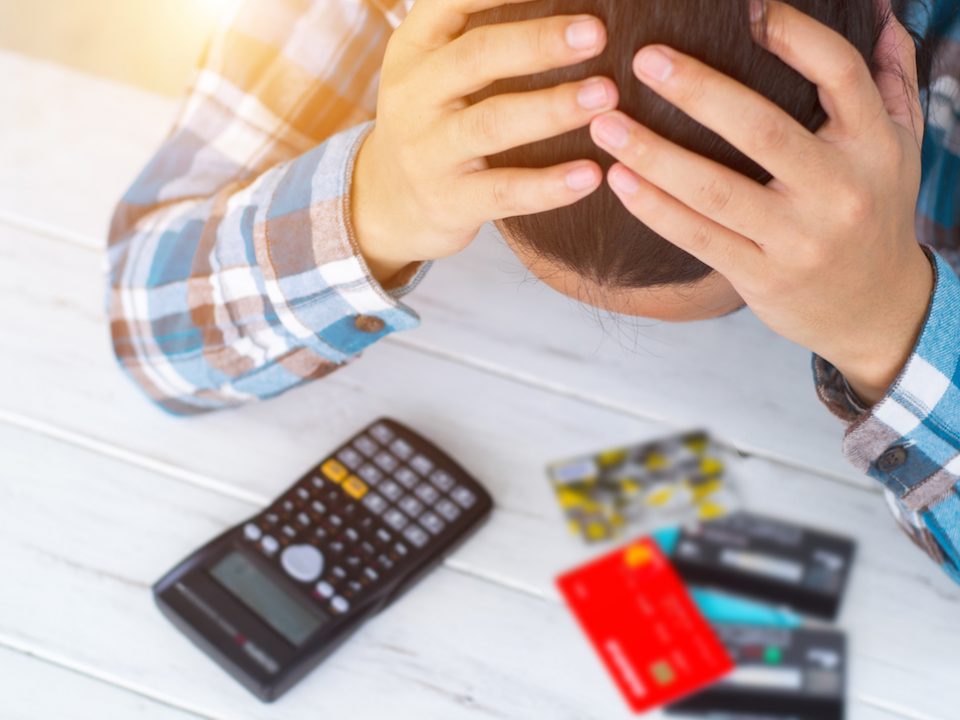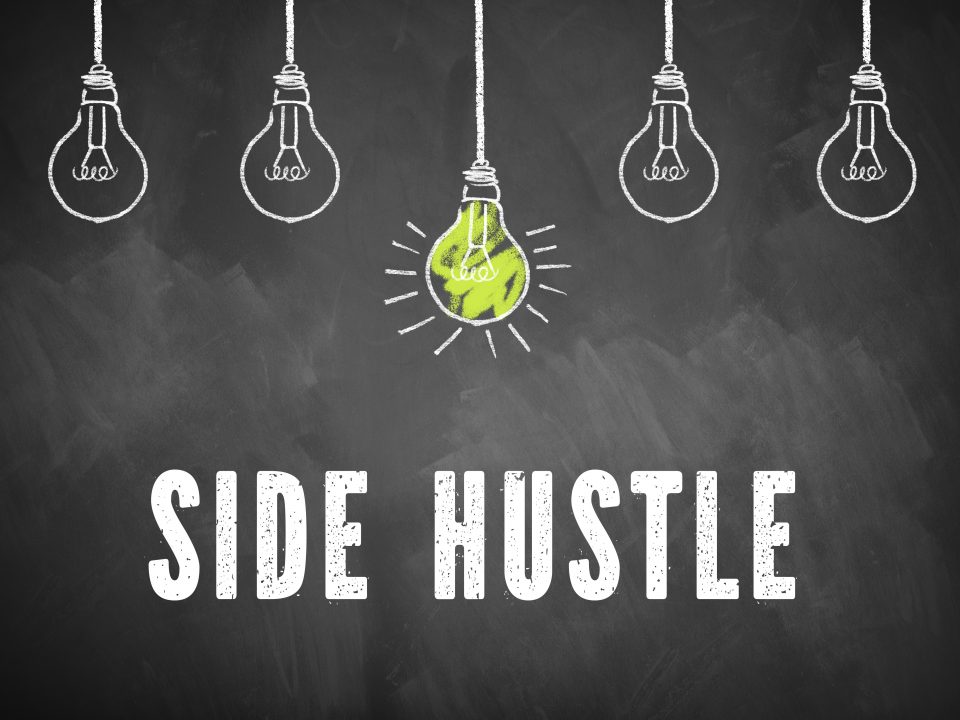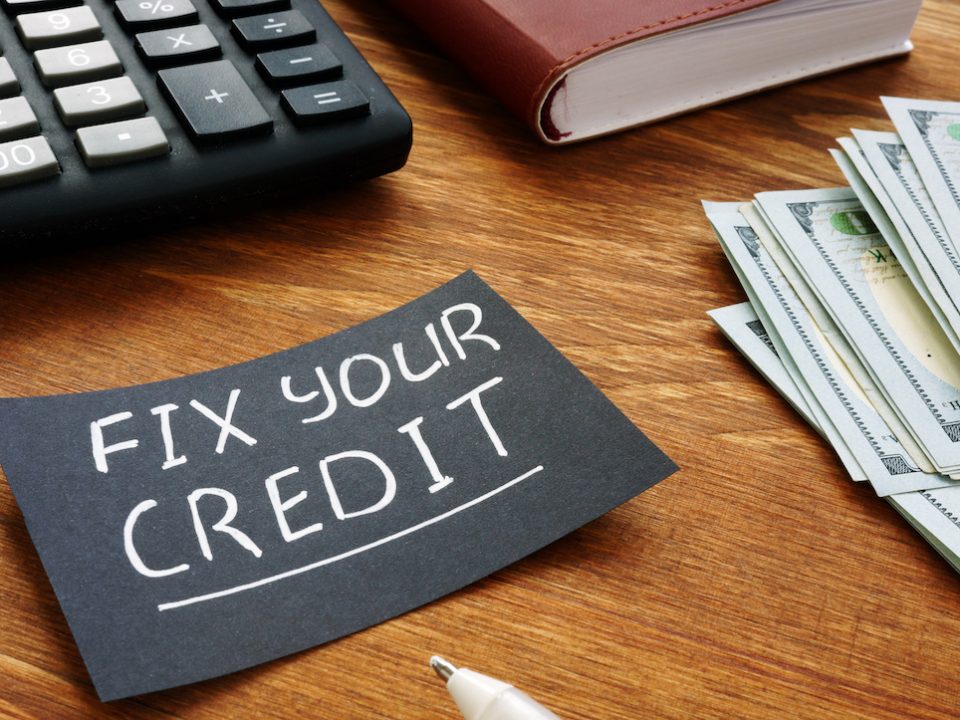A credit card allows you to borrow money from a financial institution, like a bank, to pay for whatever you want. It’s important that you don’t max-out your credit cards.
You want to be able to make those big life purchases like buying a home, and that’s something you can’t do if you aren’t responsible with your credit. So, what are credit cards and why shouldn’t you max them out? Keep reading for our 5 reasons on why you shouldn’t max-out your credit cards.
Credit Cards 101
When you got your credit card, you signed up with an interest rate in place. This means that for whatever balance you carry over month to month, the interest rate will be added on. This costs you more in the long run. You also received a credit limit, which is the maximum amount you can charge to that card. Your credit limit is based off of your credit score and credit report. If you’ve proven in the past to be good with your credit, you probably received a higher limit. Lenders will also look at your income to see if you will be able to pay off your balance. If you aren’t bringing much money home after bills and other living expenses, you probably won’t receive a high credit limit.
Even if you have a higher credit limit, though, you shouldn’t spend all that money just because you can. If you go and spend your entire credit limit, without having the ability to pay if off, you can harm your financial well-being by pushing you further into debt. When you add the interest to that amount after the month is over, you’ll be paying hundreds back to that financial institution from which you are borrowing.
What is Maxing Out Your Credit Card?
You max-out your credit card when your entire credit limit. For example, if you have a credit limit of $5,000 and spend that amount or more, your card is considered maxed out.
Why You Shouldn’t Max-Out Your Credit Cards
You see it in movies all the time, someone is feeling a little down and wants some retail therapy. So they run out and max out their credit cards. Real life isn’t like the movies, though. Although credit cards are convenient and offer perks like rewards and trips, consider these consequences before you go on a swiping spree:
1.Your Credit Score Will Be Affected
If you dig into your credit score, you’ll see that 30 percent of it is made up by your available credit. Available credit is the amount you can borrow for purchases. This amount fluctuates when your balances and limits change. An important factor is the ratio of credit card balances to your credit limits, in the financial world. This is called credit utilization.
According to Experian, your credit utilization is the amount of revolving credit you’re currently using divided by the total amount of revolving credit you have available. When you max-out your credit card, your credit score lowers, and it goes even lower when you’re not able to pay it off with each statement. However, it will rise again when you begin to pay your balances (as long as you’re not going into further debt).
2.You’re Considered a Risky Borrower
When you have a maxed-out credit card and haven’t paid it off, your credit score and report will reflect you as risky to lenders. This can deny you from those big milestone purchases, like buying a home or getting a new car. Banks will look into your availability. If your balances are too high they’ll see you already have more debt than you can easily pay back and it will turn them away from helping you out.
3.The Balance Will Be Harder to Pay Off
When you max out your credit card, you’ll owe your credit limit plus interest. So it’s important to realize just how much money that will cost you over the time you spend paying it off. Especially if you’re paying only the minimum required each month. If you’re only paying the minimum each month, then the interest just keeps accruing. This makes it harder and harder to pay that debt down and off completely.
4.Interest Rates Can Raise with Penalty Rates
Financial institutions have the power to raise your interest rate. They do this if you default on the credit card terms, by going over your limit, or if you are late on your payments. The penalty rate is a much higher interest rate. But, when you get back on track for a period of time, banks will lower your rate.
5.Your Credit Card is No Longer Helping You
Getting a credit card is symbolic of finally reaching adulthood. Typically, many people get credit cards to help them boost credit scores. A lot of people also get them so they can have access to credit whenever they need it. When you max out your credit card, you no longer are receiving that benefit. It turns into more anxiety and worry than it is worth. If you get a credit card and know use it responsibly, then it can be a benefit for you. However, if you misuse it, you could suffer long-term.
So, What’s a Good Balance?
As you have probably picked up by now, a credit card balance is the money you owe to your lender. The balance fluctuates month to month based on what purchases make with your credit card. Investopedia explains – “When you use your credit card to make a purchase, the balance increases. When you make a payment, the balance decreases. Any balance that remains at the end of the billing cycle is carried over to the next month’s bill.” They also explain that balances consist of different factors, like:
- Purchases
- Balance transfers
- Foreign exchange
- Fees (late payment fees, annual fees, etc.)
- Payments
Your balance is on record and financial institutions can see this and factor it into your approval decision. This will help them determine your creditworthiness and if they think loaning you money is a good idea or not.
A good number to aim for is keeping your balance lower than 30 percent to prevent it from lowering your credit score. This will help show lenders that you have self-control. If you don’t max out your cards and you keep your balances lower, you’re more of an appealing borrower.
Ready to Find Your Best Loan?
Compare Your Mortgage Options Quotes. Get Started Today.




